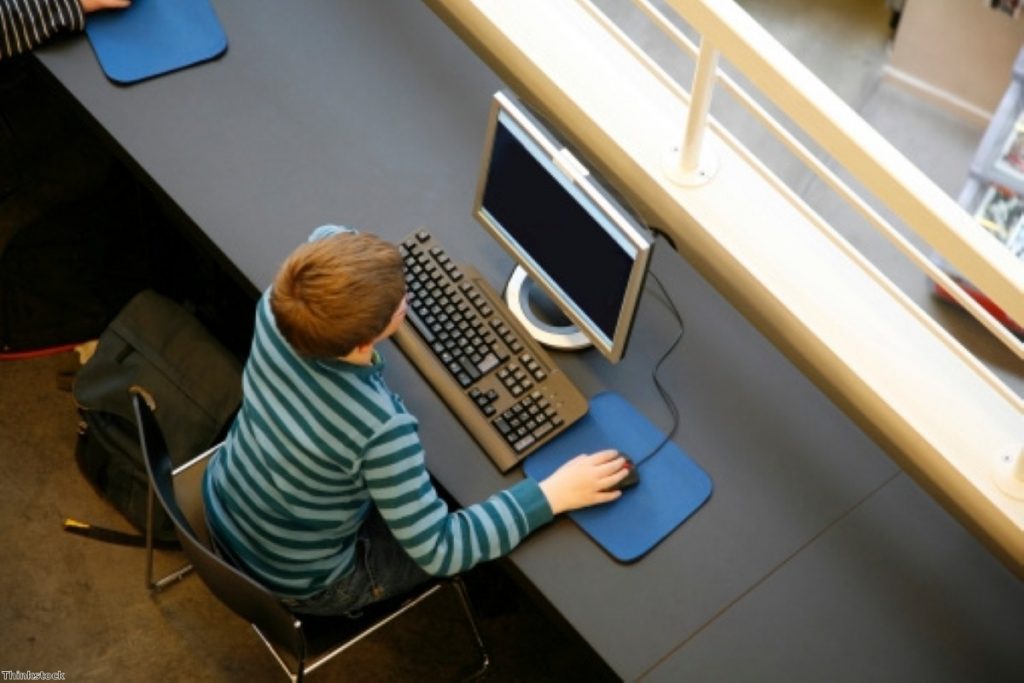Ministers reject default porn block
Ministers have ruled out an outright block on internet pornography, saying the measure is impractical and unpopular.
The government has instead concluded that promoting greater use of existing parental controls are a better way to shield children from pornography on the internet.
Thirty-five per cent of parents who responded to its consultation favoured a default ban on websites featuring adult material, compared to 13% who wanted parents to tailor their own restrictions and 15% who wanted a combination of the two.
But ministers dismissed the proportion as insubstantial and listed the flaws of default filtering as they rejected the idea outright.


A blanket ban on pornographic websites, which would prevent them from being accessible in Britain, was ruled out because it would not be wholly effective, might end up 'over-blocking' and does not address other online problems like cyberbullying and grooming.
"It is quite clear that parents feel that it is their responsibility, with the help of industry, to keep their children safe online," the government's response to the consultation stated.
"It is also clear that in accepting that responsibility, parents want to be in control, and that it would be easier for them to use the online safety tools available to them if they could learn more about those tools."
Instead the government is asking internet service providers (ISPs) to actively encourage people to switch on parental controls and put in place stronger measures to check the person setting up the controls is over 18.
Several of Britain's biggest ISPs already offer parental controls to new customers, but rolling out such moves nationwide may prove difficult.
"All of the information and communication industries, including retailers and device manufacturers, should work to develop universally-available family friendly internet access which is easy to use," the government noted.
"The government wants to see all internet-enabled devices supplied with the tools to keep children safe as a standard feature."
The coalition's stance on the issue has frustrated some Conservative backbenchers, who had hoped ministers might strengthen online child protection.
Tory MP Claire Perry said she was "disappointed" by the government's response, telling the BBC: "Clearly that was not the preferred choice of the 3,500 people who responded to the consultation and we have to base policy on what's been received not what we want."












